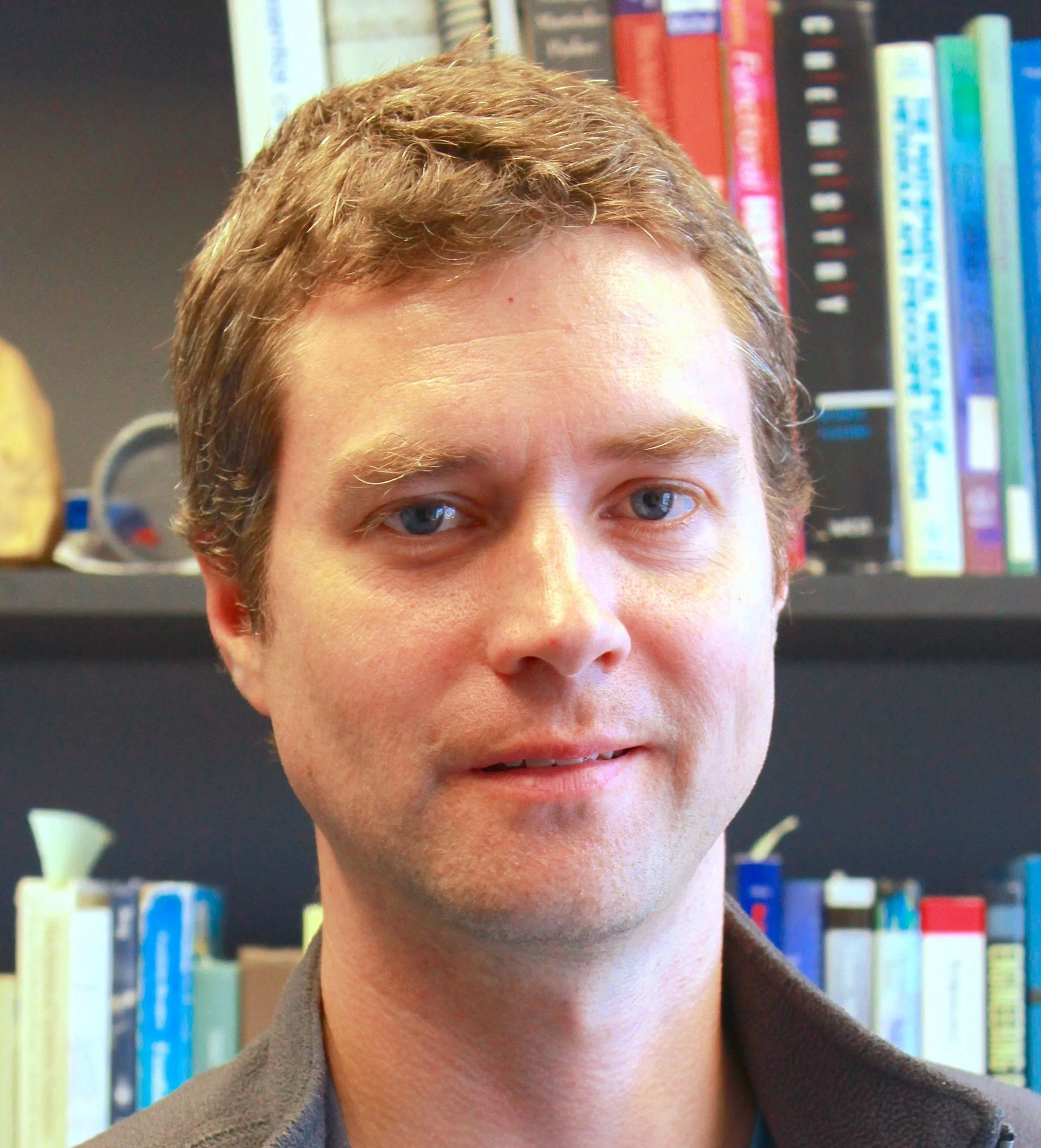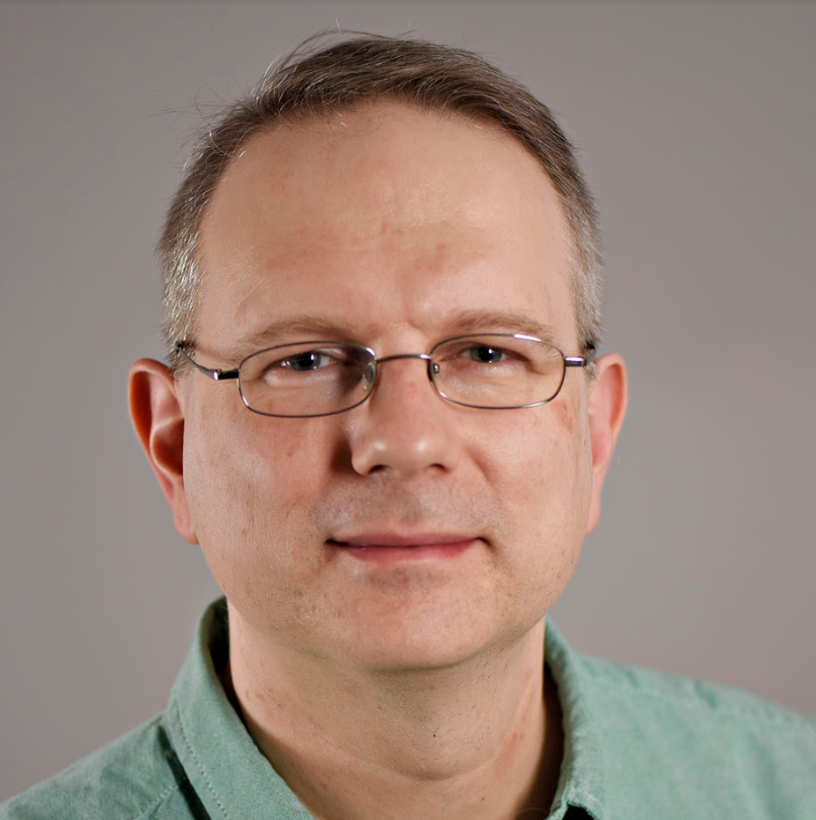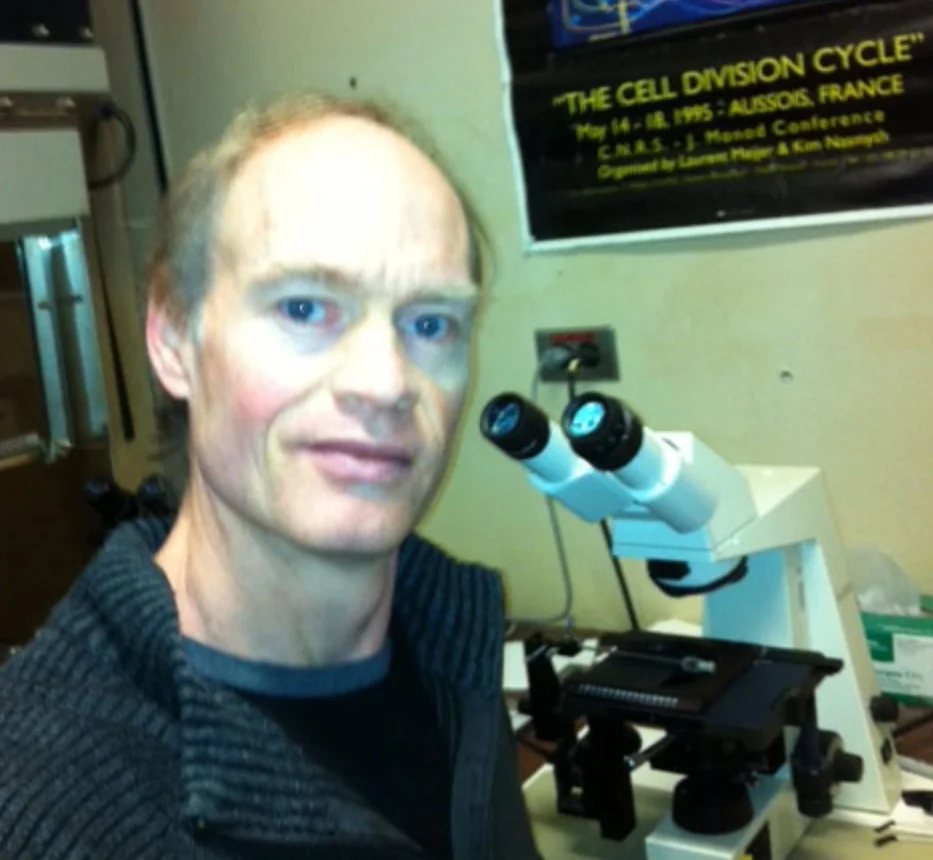We aim to characterize viral promoters to control the production of proteins in insect cells with the goal of creating a manufacturing assembly line for complex biologics.
Read MoreMy research program combines physics and synthetic biology to make fundamental advances in our understanding of living systems and to apply this knowledge to the growing problem of antimicrobial resistance.
Read MoreOur group uses mathematical and computational tools to construct and analyse kinetic models of biomolecular systems. Our current projects are primarily focused on model-based design of synthetic bacterial gene regulatory systems.
Read MoreI believe that Synthetic Biology will continue to play a significant role in medical innovation, including engineered virus and engineered immune cells that can cure cancer.
Read MoreResearch in the Karas lab is focused on developing innovative genetic tools to enable the engineering of microbes to produce medicines, DNA storage technologies, food and next-generation fuels.
Read MoreWe use genomics approaches to build bacterial biosensors for environmental pollutant monitoring.
Read MoreBioZone aims to use Bioengineering to create a sustainable world by making industrial processes more sustainable, remediating humanity's environmental impact, and improving health outcome.
Read MoreOur group primarily works on engineering metabolism in bacteria and yeast to produce chemicals and therapeutic molecules. Through the use of computational strategies on genome scale metabolic models of these organisms, we identify genetic intervention strategies to enhance target molecule production.
Read MoreWe work on (mainly) microbial synthetic biology, investigating ways to create novel solutions to real-world problems with engineered microbes.
Read MoreWe develop new methods in the domains of Genomics and Synthetic Biology, using microfluidics and computational biology.
Read MoreWe investigate the potential application of synthetic biology for performing metabolic engineering of yeast, bacteria and cyanobacteria.
Read MoreThe principal theme of Prof. Yadav’s research is the utilization of metabolic & enzyme engineering to investigate and customize novel biosynthetic enzymes that can convert biomass-derived feedstocks into value-added chemicals.
Read MoreResearch in the Zandstra Laboratory is focused on the generation of functional tissue from somatic and pluripotent stem cells. Our quantitative, technology-driven approach strives to gain new insights into fundamental mechanisms that control stem cell fate and to develop robust technologies for the propagation of stem cells and their derivatives.
Read MoreSynBioApps offers graduate training in the various technologies of synthetic biology, including work in Concordia University’s Genome Foundry.
Read More













